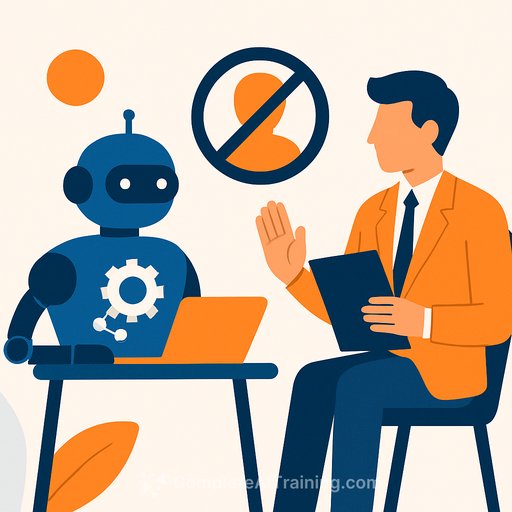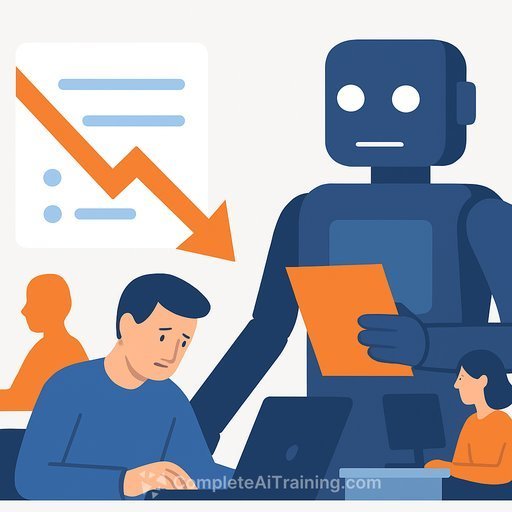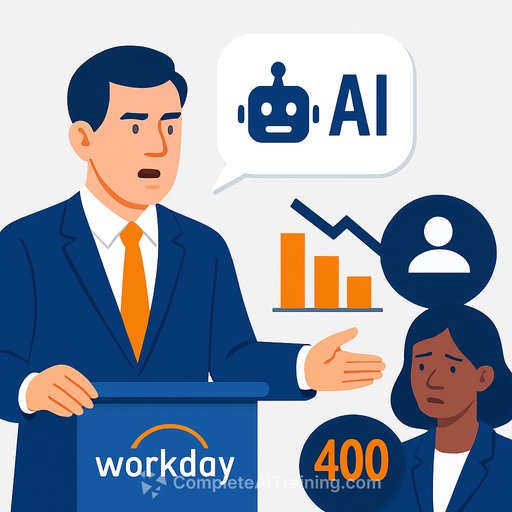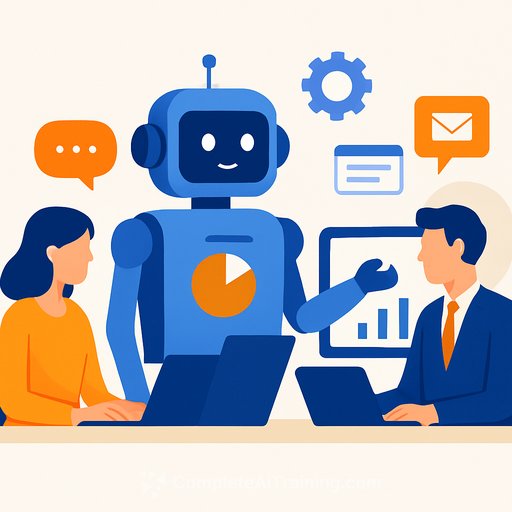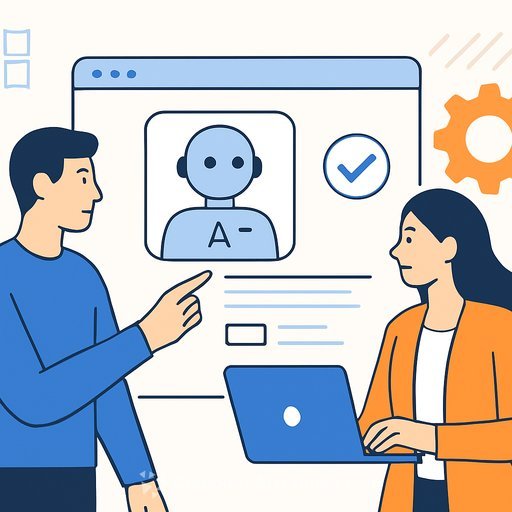None for Thee: AI Companies Crack Down on AI Use in Job Interviews
Goldman Sachs recently sent a clear message to job applicants: no AI assistance during interviews. The investment bank’s campus recruitment team warned students that using external sources like ChatGPT or Google during interviews is prohibited. The irony? Goldman Sachs itself has heavily invested in AI technology, launched its own AI platform, and rolled out AI tools internally.
Applicants face a tight interview format through HireVue, an AI-powered video interviewing platform. They get just 30 seconds to prepare and two minutes to respond to questions. Instead of leaning on AI to craft answers, candidates are expected to memorize company financials and core values. This policy emphasizes hearing from applicants in their own voice, according to spokesperson Jennifer Zuccarelli.
Hypocrisy in the Workplace
This stance highlights a glaring double standard. Goldman Sachs promotes generative AI as a productivity booster for employees, yet forbids prospective hires from leveraging the same technology. Earlier this year, the company introduced an AI assistant to help employees summarize emails and translate code, reinforcing how deeply AI is embedded internally.
But Goldman Sachs is not alone. Anthropic, a leading AI company that builds the chatbot Claude, explicitly states in job postings that it wants to understand candidates’ personal interest without AI mediation. Amazon also discourages AI use during interviews and warns recruiters that candidates caught using generative AI tools risk disqualification.
Widespread AI Restrictions in Hiring
These policies come despite these companies encouraging AI use among their staff and investing heavily in AI technology. The disconnect creates frustration for applicants who see AI as a tool to demonstrate their abilities rather than cheat sheets.
The hiring process is already challenging. With AI tools now part of recruitment—from candidate triage to evaluation—both recruiters and applicants rely on AI to manage the load. Yet, banning AI use during interviews adds pressure on candidates who are just trying to prove their worth.
- Goldman Sachs uses AI internally but prohibits it during interviews.
- Anthropic requests unmediated, personal responses in applications.
- Amazon threatens disqualification for AI-assisted interviews.
What This Means for HR Professionals
Human resources teams face a tricky balance. AI tools can improve efficiency and candidate insights, but strict rules on AI use during interviews may discourage some applicants or create inconsistencies in evaluation. HR leaders should consider clear communication about AI policies and explore fair ways to integrate AI without compromising candidate authenticity.
For HR professionals interested in understanding AI’s role in recruitment and workplace productivity, training resources are available. Exploring courses on AI tools and their applications can help navigate this evolving landscape with practical knowledge and informed strategies.
Check out Complete AI Training’s latest AI courses for practical guidance on AI adoption in HR and beyond.
Your membership also unlocks:

